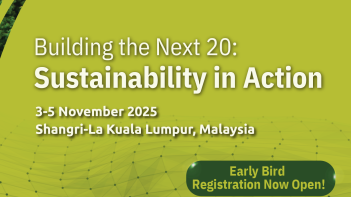RSPO and Oxfam have joined forces to carry out Community Engagement and Outreach Programmes in Honduras and Guatemala, focusing on capacity building of local and Indigenous communities, palm oil sector workers and local civil society organisations in accessing and participating in the RSPO System.
Oxfam will work alongside RSPO in promoting sustainable palm oil to all relevant stakeholders, while on the ground implementation will be carried out by Oxfam Novib/Central America in alliance with CNV Internationaal as lead partner.
“We welcome this collaboration between the RSPO and Oxfam,” said Camilo Santos, RSPO’s new Deputy Director of Market Transformation, Latin America. “Oxfam’s founding goal of reducing poverty and injustice aligns with the RSPO’s mission of sustainable transformation, driving more effective engagement with local communities and Indigenous Peoples in emerging producing countries such as Honduras and Guatemala.”
“A strong participation of communities, workers, Human Rights Defenders and NGOs is needed for the RSPO mechanisms to work effectively,” said Ana María Mendez, Director of Central America Programme, Oxfam. “This is why we are happy about this opportunity to contribute to the strengthening of the system in Guatemala and Honduras and so promote the further transformation of the palm oil sector in Central America with respect to Human Rights.”
Recognising community needs in producer countries
Although the expansion of palm oil in many emerging producer countries has led to increased revenue and improved livelihoods for small farmers, it also risks serious social and environmental impacts, including lack of effective legal protection of the rights of workers, communities and Indigenous Peoples and communities. Other challenges include potential disputes and community division caused by an improper implementation of Free, Prior and Informed Consent (FPIC); insufficient incentives for small-scale producers to apply environmental standards; and significant market obstacles that exclude smallholders.
Recognising these challenges, RSPO has stepped up its efforts for comprehensive outreach initiatives in producer countries by working with a network of local intermediaries.
Imam A. El Marzuq, RSPO Senior Manager, Global Community Outreach and Engagement said, “One of the critical elements of transforming the palm oil industry towards increased sustainability is to ensure that the fundamental rights of Indigenous and local communities, plantation workers, smallholders and their families are respected by all actors in the industry. The initiative in Honduras and Guatemala is key to RSPO’s efforts to build credibility with civil society organisations in Latin America.”
The initiative entails a broad outreach programme in local languages and dialects to disseminate RSPO’s sustainability scheme and public participation mechanisms, as well as build capacities of Civil Society Organisations’ (CSOs), smallholders, palm oil companies, government agencies, and local communities.
The outreach programme in Honduras will be implemented in Valley, Lean Valley, and Aguan Valley. In Guatemala, activities will be deployed over the northwestern, northeastern and southwestern regions, the key areas of the country’s oil palm production.
Reinforcing Latin America’s sustainability leadership
This latest development reinforces Latin America’s notable developments in sustainable palm oil production, including the highest level of RSPO certification among palm oil producing regions. Coordinating with environmental and social NGOs, championing human rights and creating strategic alliances among producer associations and producer countries are part of RSPO’s blueprint to mobilise Latin America’s sustainable palm oil market.
Honduras and Guatemala are the latest countries to be part of RSPO’s global Community Engagement and Outreach activities, joining Indonesia, Malaysia and Nigeria.
Keep reading
RSPO accepted in the Netherlands as a private control system for EUDR
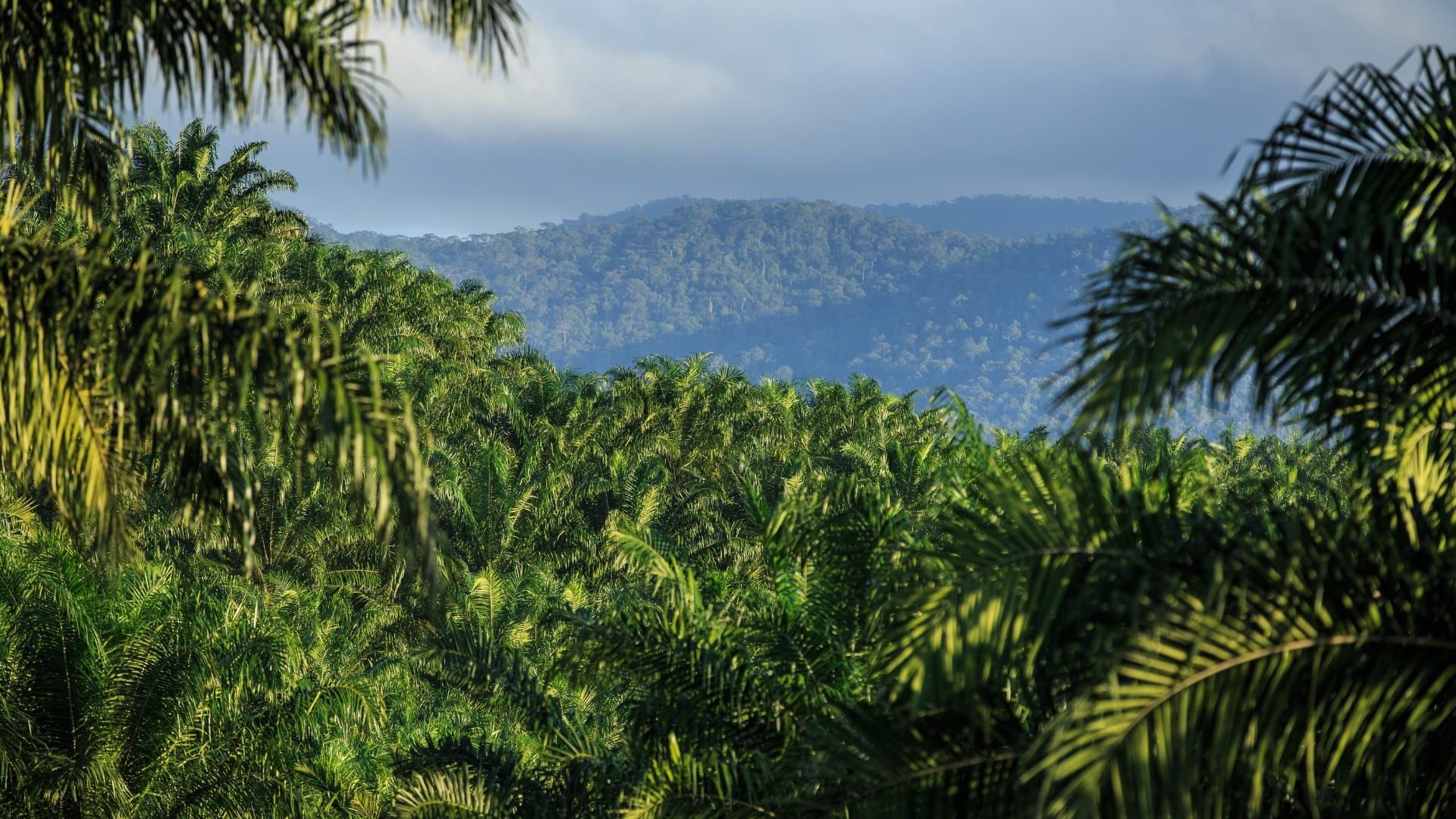
RSPO x JaSPON Conference and Member Engagement Forum 2025 Spotlights Japan’s Sustainability Success and Market Growth
Call for Expression of Interest: Independent Investigation of a Complaint
Call for Expression of Interest: Mexico National Interpretation Task Force for 2024 RSPO Principles and Criteria (RSPO P&C) and Independent Smallholder (ISH) Standard
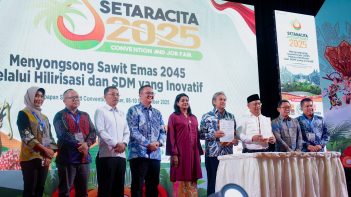
RSPO–APKASINDO Partnership to Boost Inclusive Growth, Certification, and Market Access for Oil Palm Smallholders

Open Letter to COP30 President: Integrating Forests and Biodiversity: A Policy Central to Paris Agreement Success
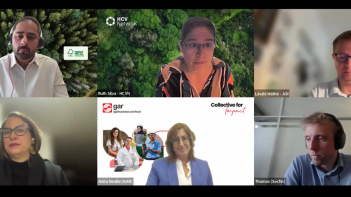
Bridging the Auditing Divide: Key Takeaways from the RSPO Assurance Forum 11
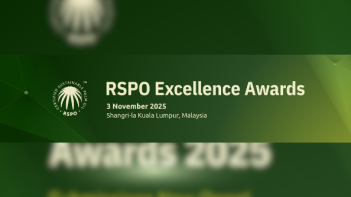
Extension of RSPO Excellence Awards 2025 Submission Deadline!
